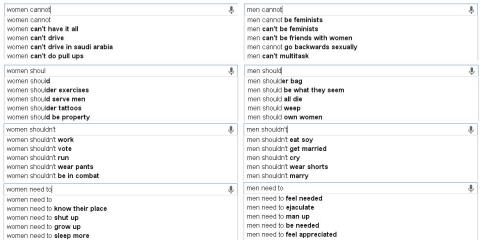First things first: for those of you that don’t know, Ethiopia has its own calendar. The Ethiopian calendar has 13 months (12 of 30 days each, and 1 with either 5 or 6 days, depending on if it is a leap year or not). The calender is seven to eight years behind the Gregorian calendar, because of different calculations of the date of the annunciation of the birth of Jesus. So, this year on September 11 we celebrated the coming of year 2006.
Since New Years Day fell on a Wednesday, and Wednesday is a fasting day for Ethiopian Orthodox Christians (they eat entirely vegan on fasting days), the real celebration for many was on Thursday. My neighbours invited me to their home to eat with them on this day. For any of you that have ever been in a foreign country or alone for a holiday, you understand how special it is when a family opens their home to you on special holidays.
As a thanks (and with the knowledge to never show up empty-handed) for hosting, I brought a card, a box of chocolates and a bouquet of roses for the family. They were very excited to have me, and as soon as I came in they sat me down and served me popcorn and tella (sort of like a home-made sweet beer). Then they brought me a Fanta. Then a glass of wine. Then came the food – so much food!!
The typical New Years dish is called doro wot (doro meaning chicken and wot meaning sauce) and it is so delicious – especially when it is homemade by an amazing Ethiopian woman. Then there was the lamb. Then two different goat dishes. All served with a huge amount of injera. The doro wot was fantastic, but by the end I had had wayyyy too much meat. Ethiopians are very hospitable and want you to be full and satisfied, so my hosts kept piling the food on me. By the end, I thought that if I had even one more bite of goat then I would be sick – thankfully that didn’t happen.
And just when I thought I had consumed all I could possibly consume, they brought out cake and started a coffee ceremony! So, after three cups of coffee (the proper amount for a coffee ceremony), I got to really talking to my hosts. Honey, a nine-year old girl, was the one who first took a liking to me and invited me over. Honey has two older sisters (17 and 20) and an older brother, although I did not get his age. Her father works as a taxi driver and her mother works at home. Her 17 year-old sister, Madina, spoke the best English and her and I get along very well. After a while we got onto the topic of football (it is very exciting that Ethiopia has made it to the next round of the world cup qualifiers). We were talking about the players, and I asked Honey who her favourite was, and this is where the conversation got interesting.
Honey said, or rather yelled, “All the Ethiopian players! Just not the Africans, I hate Africans!” (Side note: many Ethiopians do not identify as African, and are proud to be Habesha as a separate identity.) Madina looked shocked and embarrassed, and I don’t think her parents understood. So I asked Honey why she said that, and she said because she only liked Ethiopians. So obviously my next question was “But I’m not Ethiopian and we’re friends.”
And she said, “Yes, because you are nice.”
I said, “So what if you meet an African and she is nice?”
“Then I would love her, but if she is bad then I will hate her.”
“So Honey, why don’t you do the same with everyone you meet? When you know them then you can know if they are nice or not.”
We ended up talking in circles for a while, with Madina trying to explain in Amharic what I was saying. In the end, we got her to agree that the heart is more important than skin, so hopefully we got through to her. I don’t think I entirely convinced her though. Madina seems like a really great role model for her, so hopefully she continues to learn from her big sister. I hope that I can find another way to talk to her about this, although it is already a difficult topic for a 9-year old, even without language barriers.
After all this it was getting quite late, so I said my thanks and goodbyes.
It was a memorable evening and I am so thankful to have amazing neighbours that welcome me into their homes.
Happy 2006 everyone!
Tags: African, celebration, doro wot, Ethiopia, Ethiopian calendar, Ethiopian cuisine, Ethiopian New Years, Habesha, prejudice, racism, tella
